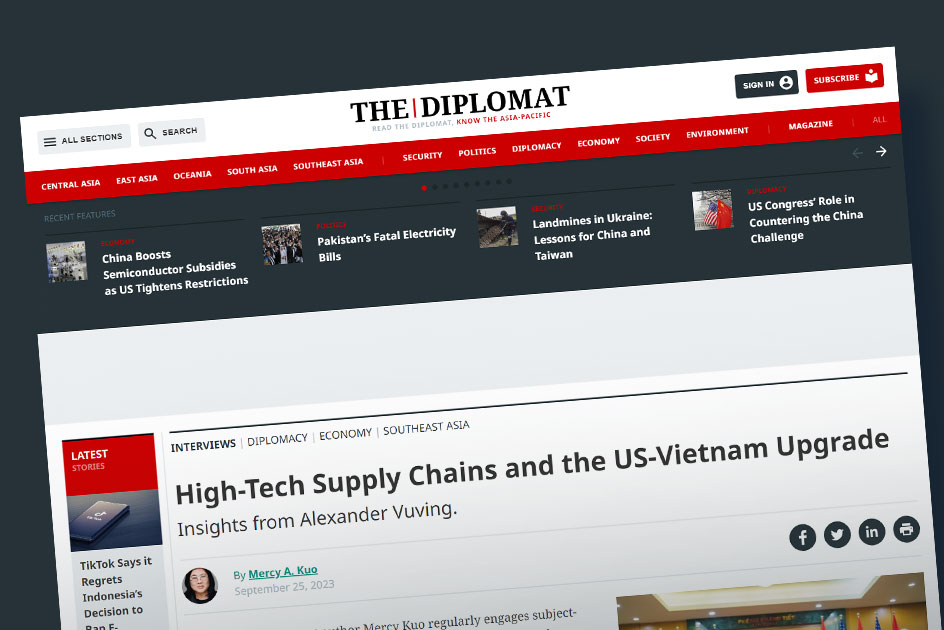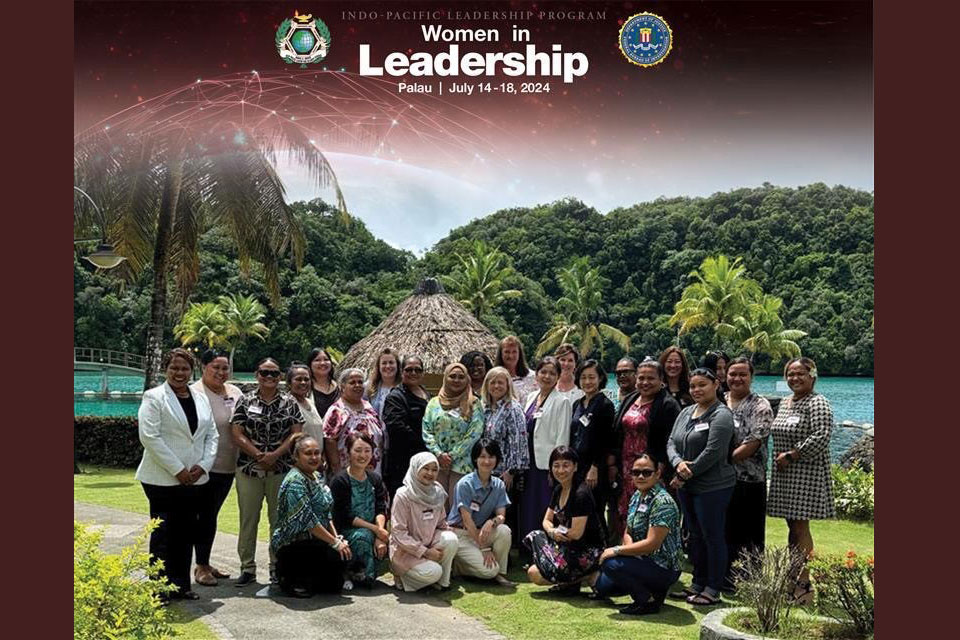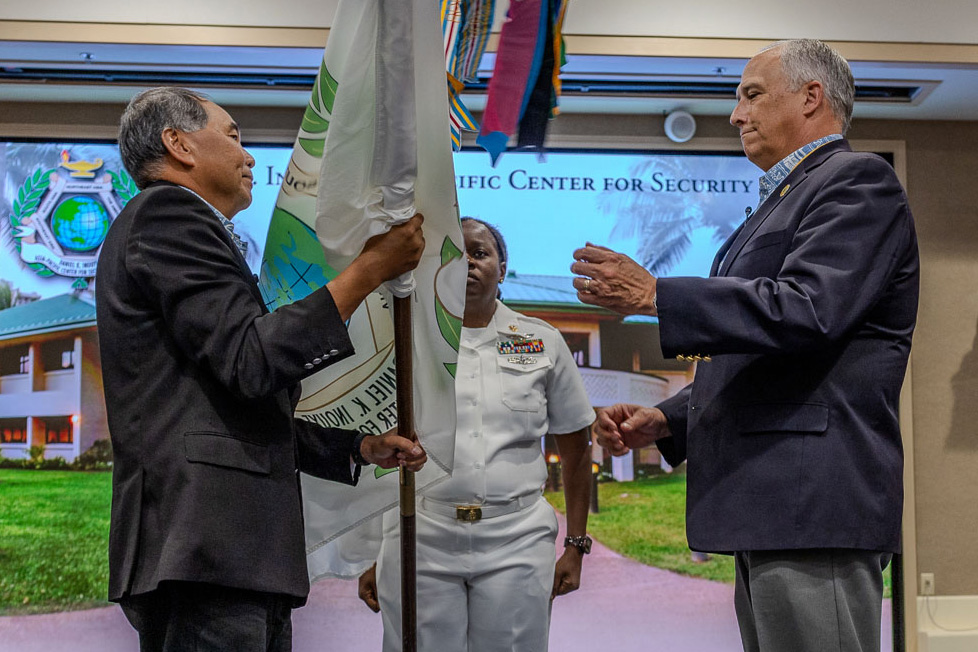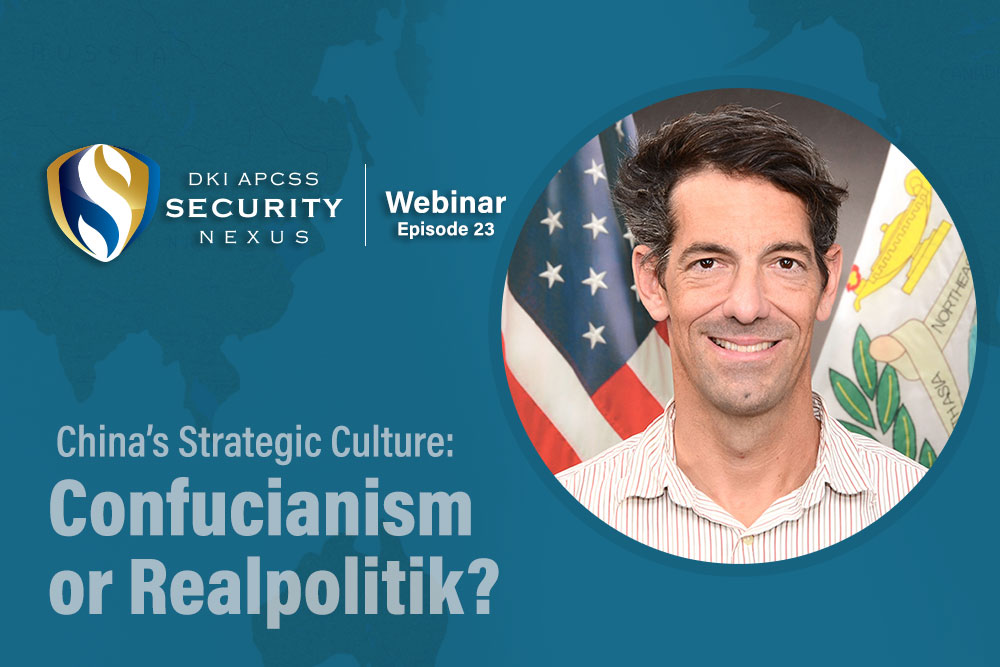In a recent interview with The Diplomat, Dr. Alexander Vuving, a professor at the Daniel K. Inouye Asia Pacific Center for Security Studies, discussed the unexpected upgrade in U.S.-Vietnam relations. Contrary to expectations, the partnership skipped the “strategic partnership” level and was elevated to a “comprehensive strategic partnership.” Driven by the U.S.’s offer to transform Vietnam into a high-tech and semiconductor hub within U.S.-supported supply chains, this move is seen as a response to China’s growing power.
The comprehensive strategic partnership benefits both nations. It signals equal footing for the U.S. with Vietnam’s long-time friends, China and Russia, and signifies Vietnam’s perception of the U.S. as no longer a threat to its Communist regime. For Vietnam, it enhances its attractiveness as a destination in the U.S. “friendshoring” policy, offering political assurance to U.S.-linked investors amid the U.S.-China rivalry. This upgraded partnership will also impact regional power dynamics and economic integration, as both countries aim to counter Chinese dominance in Southeast Asia and reshape global supply chains.
The timing of this elevation was complex, influenced by factors such as the COVID-19 pandemic and concerns from Moscow and Beijing. Ultimately, this partnership showcases the U.S.’s soft power while also elevating Vietnam’s global standing.
Alexander L. Vuving is a professor at the Daniel K. Inouye Asia-Pacific Center for Security Studies (DKI APCSS) in Honolulu. The views expressed are those of the author alone and do not represent the official policy of the DKI APCSS, the U.S. Department of Defense, or the U.S. government.










Leave A Comment